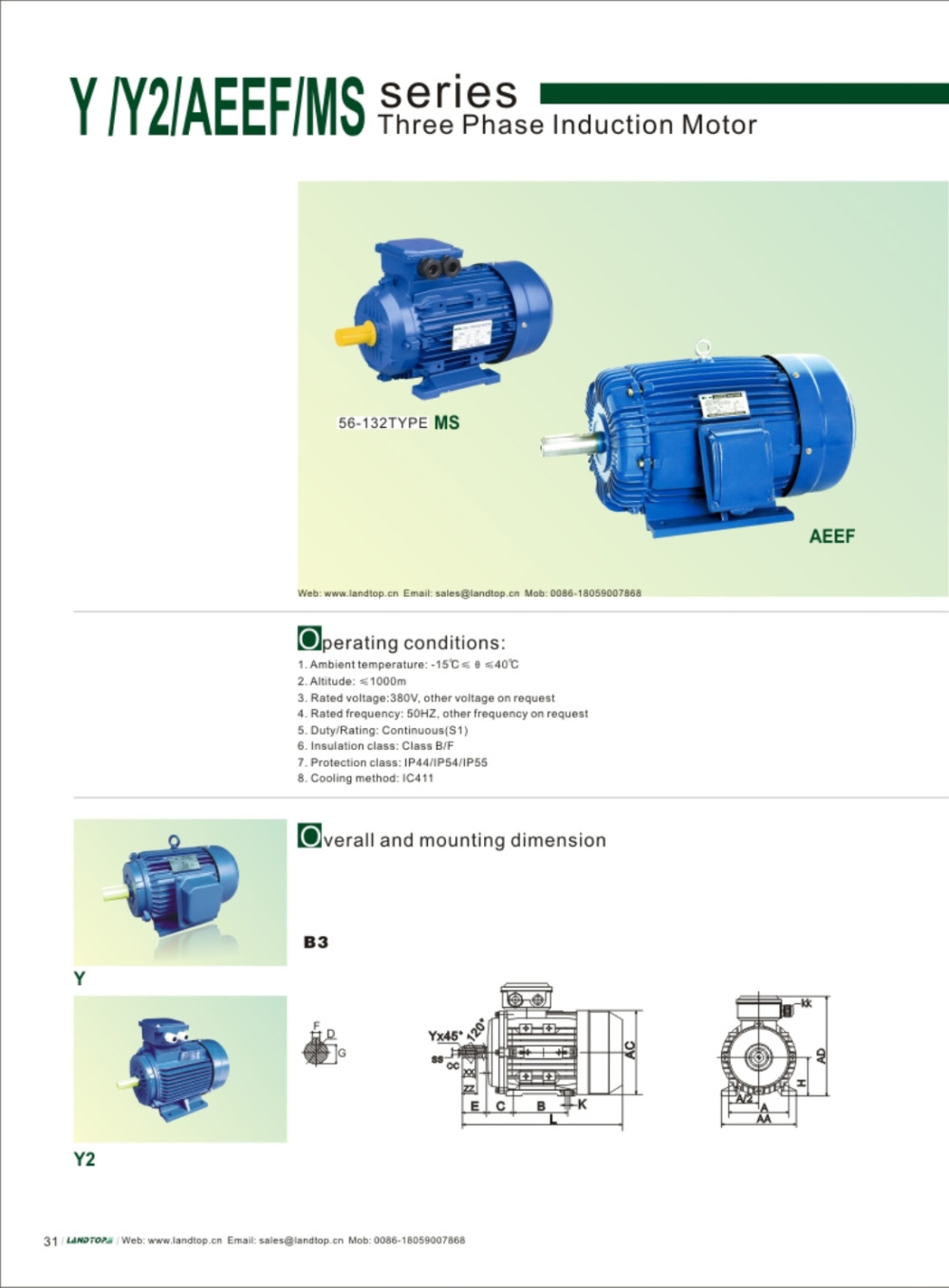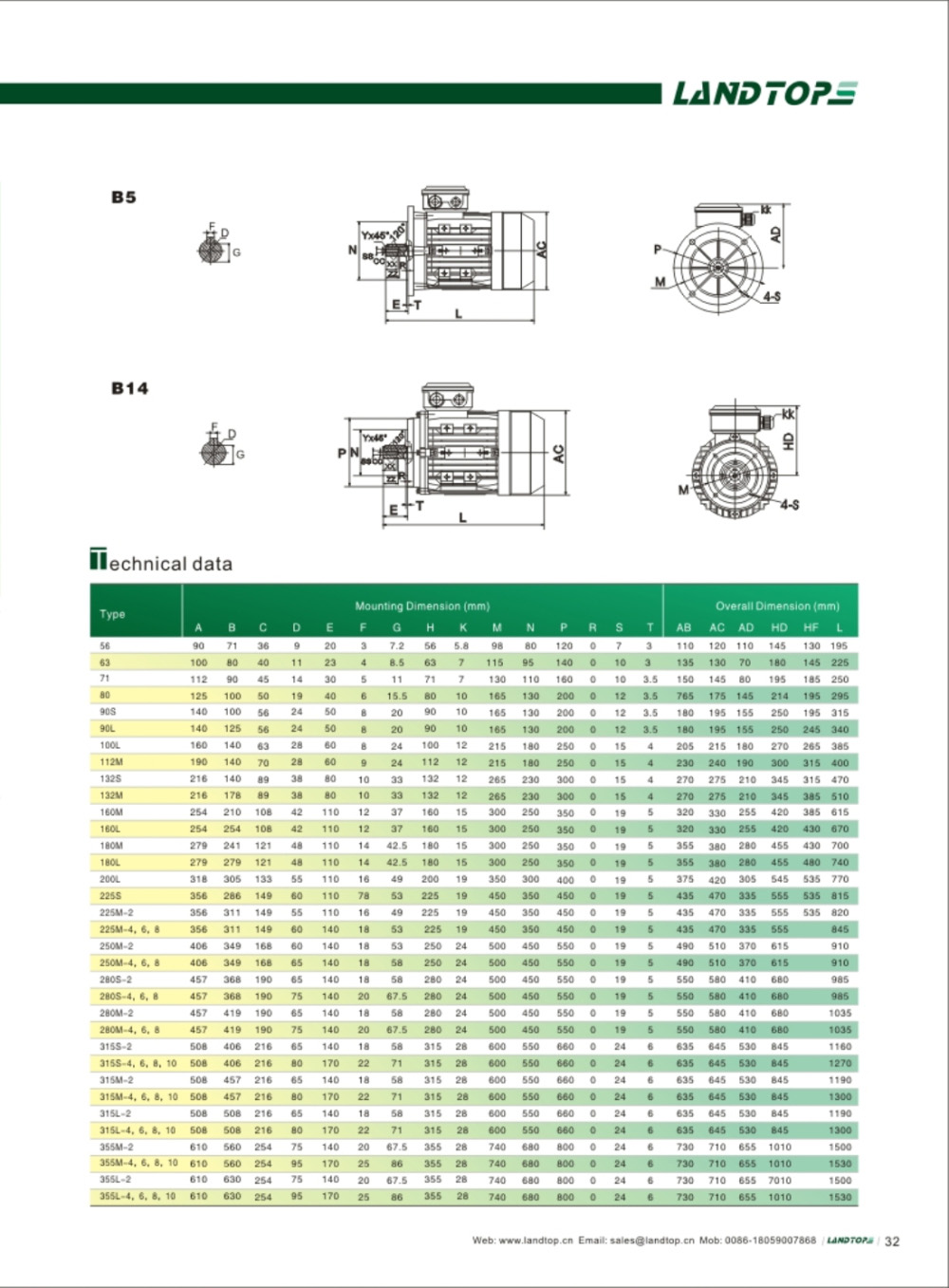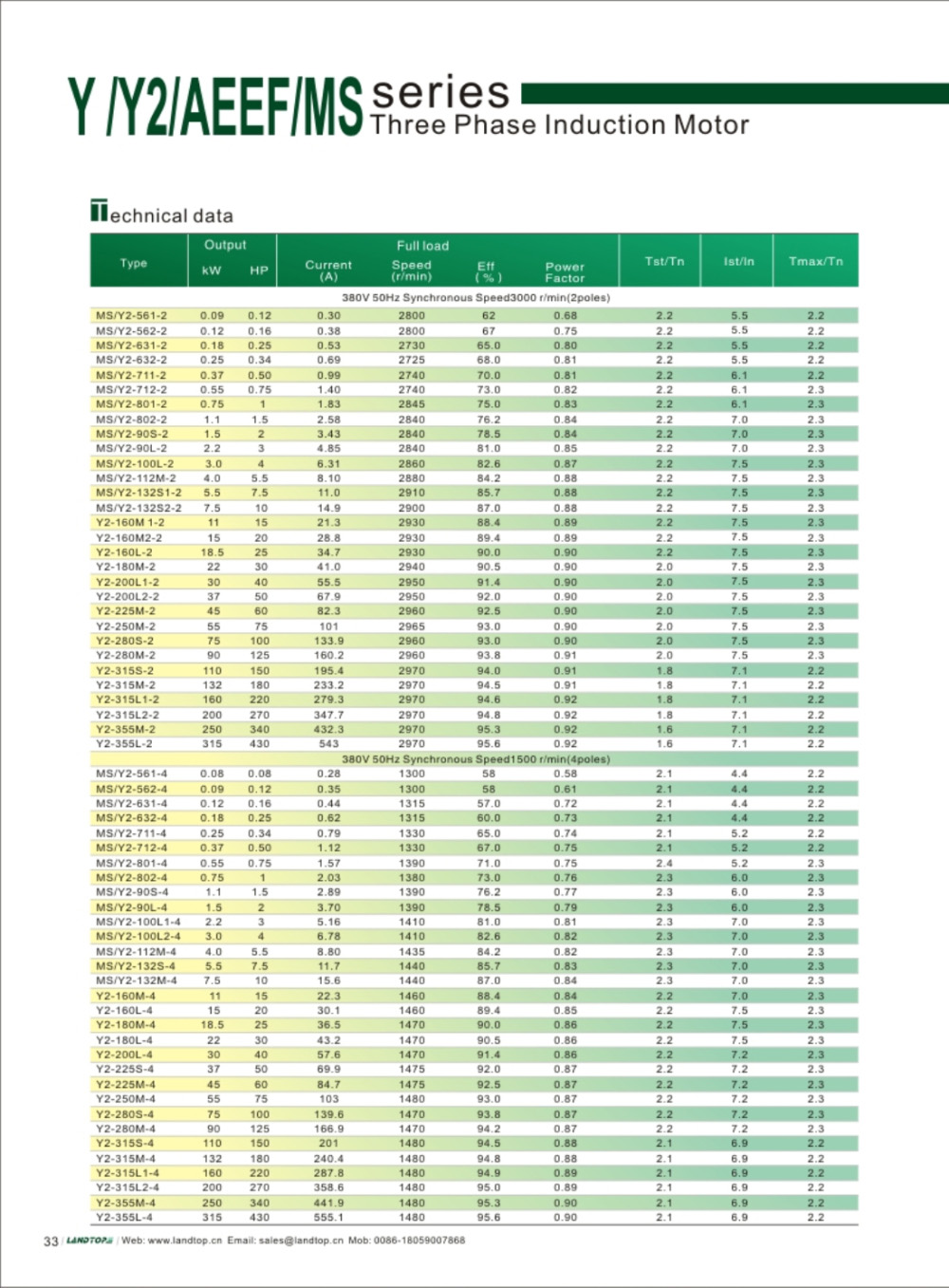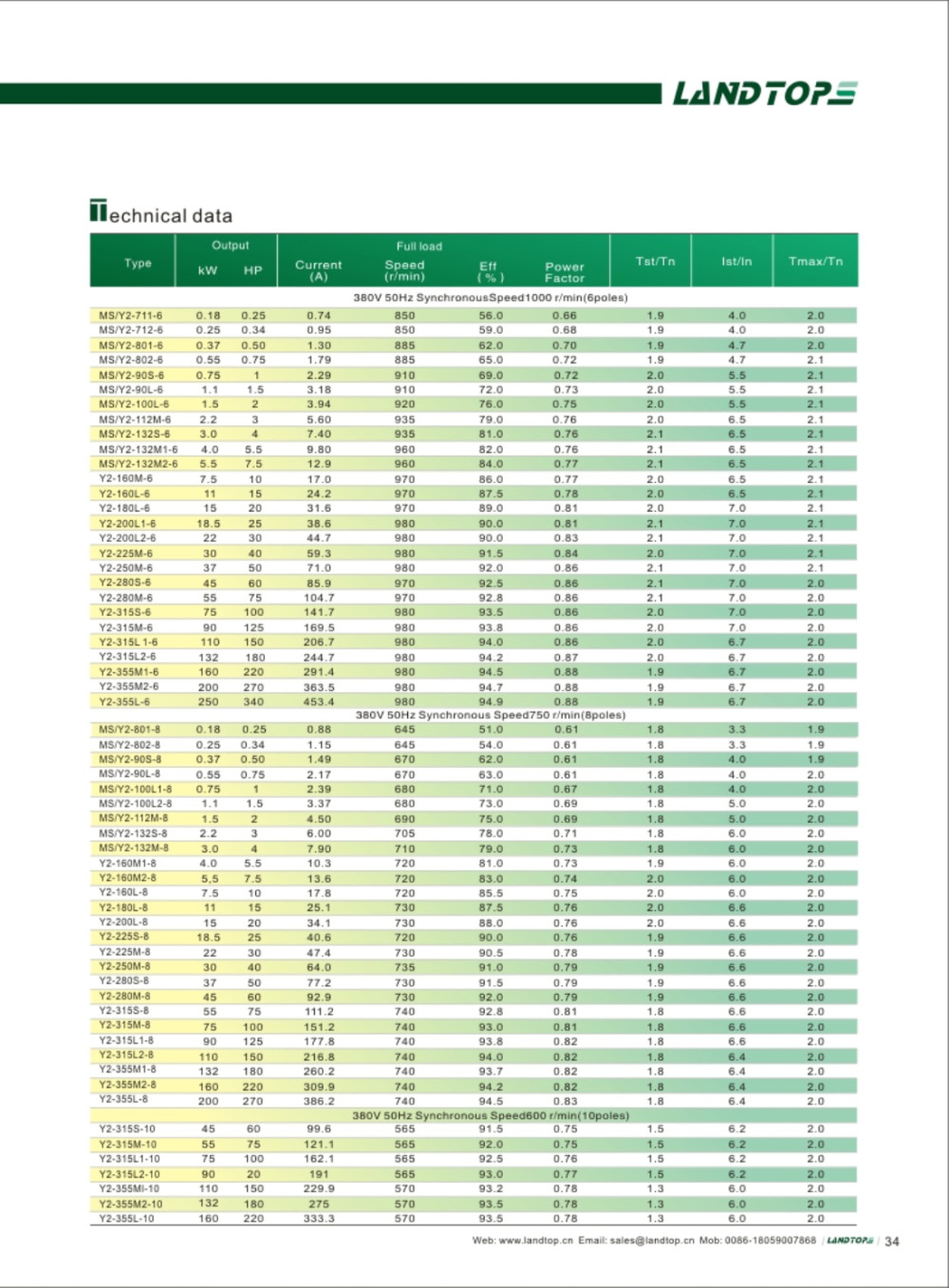It is well known that the technology industry and the automotive industry are experiencing a new round of convergence and innovation integration, and Samsung Electronics has not made any major initiatives so far. On Monday, the company announced that it will spend $8 billion to acquire Harman International Industries, a US auto parts manufacturer. The US "Wall Street Journal" pointed out that this acquisition will make Samsung Electronics immediately become an important player in the field of automotive technology. According to the Wall Street Journal, this will be an all-cash transaction. The $8 billion purchase price is also Samsung Electronics’ largest acquisition to date. It is well known that the technology industry and the automotive industry are experiencing a new round of convergence and innovation integration, and Samsung Electronics has not made any major initiatives so far. On Monday, the company announced that it will spend $8 billion to acquire Harman International Industries, a US auto parts manufacturer. The US "Wall Street Journal" pointed out that this acquisition will make Samsung Electronics immediately become an important player in the field of automotive technology. According to the Wall Street Journal, this will be an all-cash transaction. The $8 billion purchase price is also Samsung Electronics’ largest acquisition to date. The media pointed out that the acquisition will re-combination of the global automotive supply chain, which also indicates that technology companies with financial strength and advanced mobile technology are preparing to expand innovation and integration in the automotive field. Harman is a pioneer in audio technology in Connecticut, USA. The company was born in 1953, but in the past few years under the leadership of CEO Dinesh Paliwal, it has accelerated its entry into the automotive parts sector. The company has already received large orders from auto giants such as General Motors and Fiat Chrysler. The company has reportedly received orders of up to $24 billion, equivalent to three times the annual turnover. Currently, two-thirds of the company's revenue has come from major customers in the automotive industry. For Samsung, this means that the company has finally embarked on a new round of innovation in the automotive field. In the past year or two, electric vehicles and self-driving cars have become a new wave of technological revolution. Stimulated by the progress of Tesla and Google's unmanned vehicles, more and more technology companies and auto companies have already deployed these two areas. For example, GM, Audi, Toyota, Nissan and other companies have begun to develop pure electric vehicles or automatic driving technology. Uber has also entered autonomous vehicles. Apple originally planned to develop electric vehicles and automatic driving technology at the same time, but recently adjusted. The future focuses on autonomous driving technology. Foreign media pointed out that through the acquisition of Samsung Electronics will directly become a supplier to the global large car companies. As the boundaries between the mobile communications and automotive sectors become further blurred, Samsung will also be able to understand more consumer habits and changes in demand. It is particularly noteworthy that before becoming a giant in the smartphone industry, Samsung Electronics mainly produced mobile phone components such as processors and LCD screens, and became a supplier to Apple (including the foundry of Apple chips). Through this special status, Samsung understands the business opportunities in the smartphone market and becomes a competitor of Apple, a former big customer. In the future, Samsung will also get a window to understand the operating mechanism of the auto parts industry or finished car manufacturers. It is said that the acquisition also requires the approval of the Harman shareholder meeting. In the future, the company will be an independent subsidiary of Samsung Electronics. Samsung paid a price of $112 per share for the acquisition, with a total purchase price of $8 billion. For reference, the parts company last year had a total revenue of $7 billion and a net profit of $700 million. Compared with Harman's closing price of $87.65 last Friday, the Samsung purchase price offered a 28% premium. However, in April last year, Harman hit a record high of $145 per share, and the purchase price is still below this record. This will also be the largest acquisition in the history of Samsung Electronics. In the mid-1990s, Samsung spent $840 million to acquire PC maker AST Research. However, this acquisition and integration plan has not been successful, and Samsung has abandoned the company after years of losses. According to reports, due to the painful lessons of the acquisition of AST, Samsung Electronics management has been very cautious about external mergers and acquisitions over the past 20 years. They have placed more emphasis on the research and development and storage of new technologies through internal investment. However, in the past, Samsung Electronics has renewed interest in external mergers and acquisitions. Samsung has successively acquired some new technology companies in the fields of mobile payment, cloud computing and artificial intelligence. In fact, Samsung Electronics used to be involved in the automotive industry. In 1994, Samsung Chairman Lee Kin Hee set up "Samsung Motors", and the auto industry partner at that time was Japan Nissan. However, in 1998, when the Asian financial crisis broke out, Samsung transferred the auto assets to Renault. The media pointed out that the acquisition will re-combination of the global automotive supply chain, which also indicates that technology companies with financial strength and advanced mobile technology are preparing to expand innovation and integration in the automotive field. Harman is a pioneer in audio technology in Connecticut, USA. The company was born in 1953, but in the past few years under the leadership of CEO Dinesh Paliwal, it has accelerated its entry into the automotive parts sector. The company has already received large orders from auto giants such as General Motors and Fiat Chrysler. The company has reportedly received orders of up to $24 billion, equivalent to three times the annual turnover. Currently, two-thirds of the company's revenue has come from major customers in the automotive industry. For Samsung, this means that the company has finally embarked on a new round of innovation in the automotive field. In the past year or two, electric vehicles and self-driving cars have become a new wave of technological revolution. Stimulated by the progress of Tesla and Google's unmanned vehicles, more and more technology companies and auto companies have already deployed these two areas. For example, GM, Audi, Toyota, Nissan and other companies have begun to develop pure electric vehicles or automatic driving technology. Uber has also entered autonomous vehicles. Apple originally planned to develop electric vehicles and automatic driving technology at the same time, but recently adjusted. The future focuses on autonomous driving technology. Foreign media pointed out that through the acquisition of Samsung Electronics will directly become a supplier to the global large car companies. As the boundaries between the mobile communications and automotive sectors become further blurred, Samsung will also be able to understand more consumer habits and changes in demand. It is particularly noteworthy that before becoming a giant in the smartphone industry, Samsung Electronics mainly produced mobile phone components such as processors and LCD screens, and became a supplier to Apple (including the foundry of Apple chips). Through this special status, Samsung understands the business opportunities in the smartphone market and becomes a competitor of Apple, a former big customer. In the future, Samsung will also get a window to understand the operating mechanism of the auto parts industry or finished car manufacturers. It is said that the acquisition also requires the approval of the Harman shareholder meeting. In the future, the company will be an independent subsidiary of Samsung Electronics. Samsung paid a price of $112 per share for the acquisition, with a total purchase price of $8 billion. For reference, the parts company last year had a total revenue of $7 billion and a net profit of $700 million. Compared with Harman's closing price of $87.65 last Friday, the Samsung purchase price offered a 28% premium. However, in April last year, Harman hit a record high of $145 per share, and the purchase price is still below this record. This will also be the largest acquisition in the history of Samsung Electronics. In the mid-1990s, Samsung spent $840 million to acquire PC maker AST Research. However, this acquisition and integration plan has not been successful, and Samsung has abandoned the company after years of losses. According to reports, due to the painful lessons of the acquisition of AST, Samsung Electronics management has been very cautious about external mergers and acquisitions over the past 20 years. They have placed more emphasis on the research and development and storage of new technologies through internal investment. However, in the past, Samsung Electronics has renewed interest in external mergers and acquisitions. Samsung has successively acquired some new technology companies in the fields of mobile payment, cloud computing and artificial intelligence. In fact, Samsung Electronics used to be involved in the automotive industry. In 1994, Samsung Chairman Lee Kin Hee set up "Samsung Motors", and the auto industry partner at that time was Japan Nissan. However, in 1998, when the Asian financial crisis broke out, Samsung transferred the auto assets to Renault. Y2 Three-Phase Iron Housing Electric Motor Y2 Series 3-phase Cast Iron Housing Induction Motor
Altitude ≤1000m
Insulation class Class B, Class F
The voltage and frequency could be made according to your request. If there is any requirements or inquiries, welcome to contact us.
Y2 Series Three Phase Induction Motor,3 Phase Electric Motor,3 Phase AC Motor,3 Phase AC Induction Motor FUZHOU LANDTOP CO., LTD , https://www.landtopco.com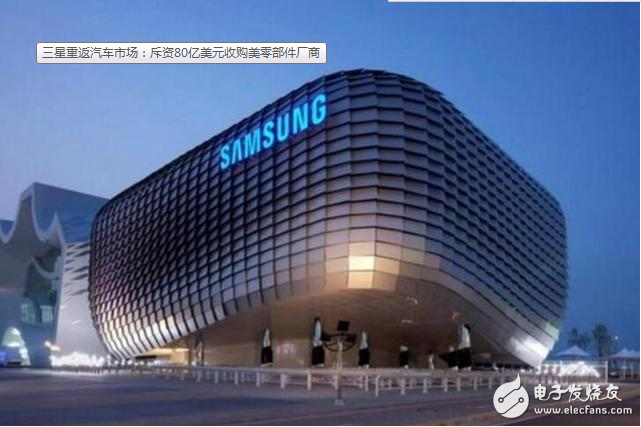
Y2 series motor is totally enclosed and fan cooled 3 phase squirrel cage induction motor. It is newly designed in conformity with the relevant rules of IEC&DIN42673 standards. Y connection for motor of 3kw and below. Delta connection for 4kw and above.
Application:
Y2 serise 3 phase motors are widely used as driving equipments of various machineries such as: machine tools, blowers, pumps, compressors, transporters, agricultural and food processing.
Operating Condition:
Rated voltage 380V, 400V, 415V, 220V, 230V, 240V, etc
Rated frequency 50HZ, 60HZ, 50HZ/60HZ
Protection class IP44, IP54, IP55
Cooling method IC0141
Note:
